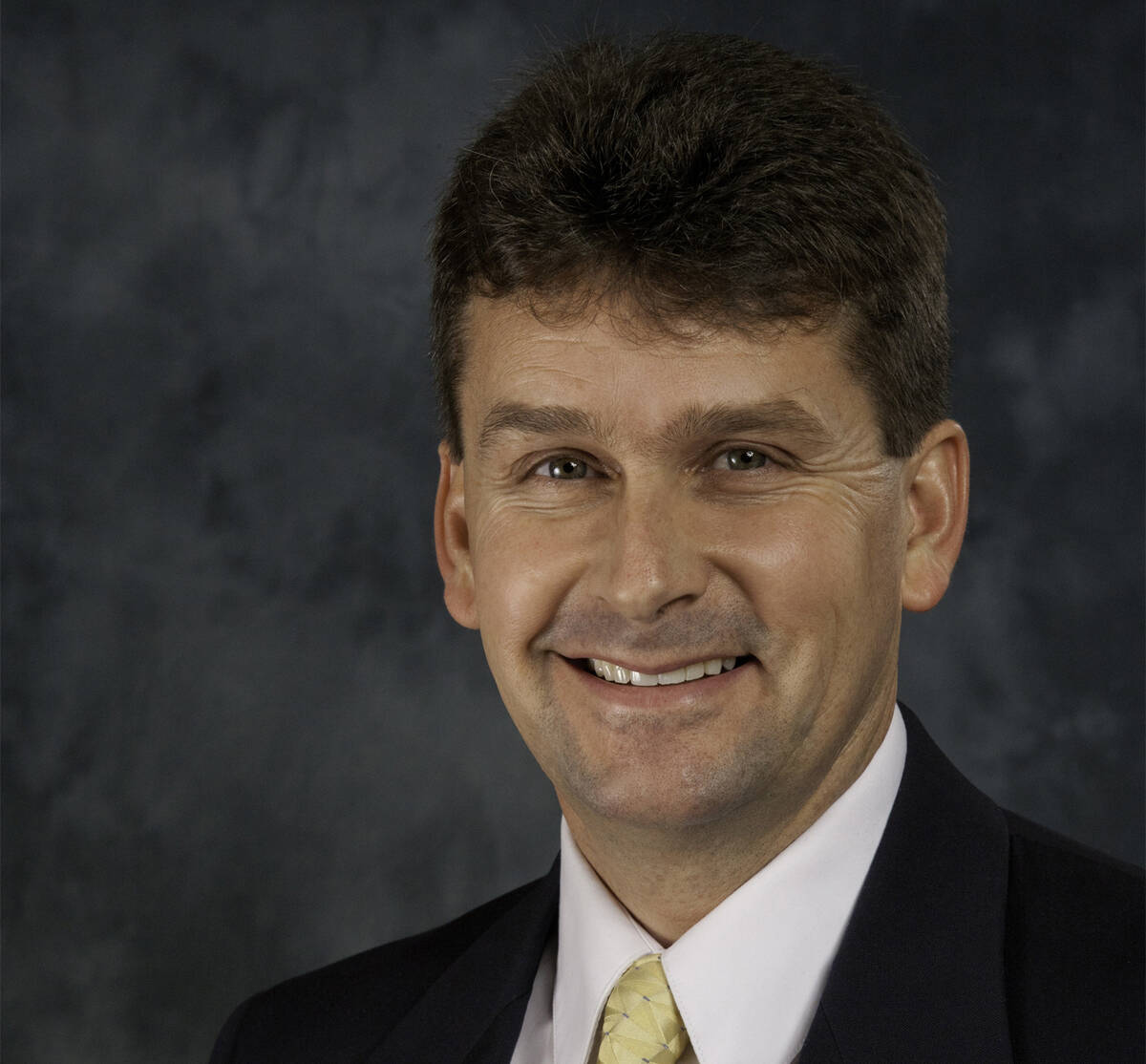Come to rescue with your ideas
The city needs your help to decide how best to spend its allocation of American Rescue Plan Act funds. Signed into law on March 11, 2021, ARPA established recovery funds to assist state and local governments in their response to the impacts of COVID-19.
Boulder City’s maximum allocation of ARPA funds is almost $21.8 million, which must be used to cover eligible costs incurred no later than the end of 2024. About half of that allocation was released to the city in July 2021, and the other half was scheduled to be released earlier this week.
ARPA funds can only be used to cover costs falling into one of four eligible categories: 1. responding to the COVID-19 public health emergency or its negative economic impacts; 2. premium pay to eligible workers performing essential work during the COVID-19 emergency; 3. providing government services to the extent of reduction in the city’s revenue due to COVID-19; or 4. making necessary investments in water, sewer or broadband infrastructure.
In the last three months, the City Council has approved using approximately $11.5 million of the city’s $21.8 million allocation on categories 1, 3 and 4. For instance, category 1 expenditures in the amount of $193,500 were approved for COVID testing and vaccinations, as well as Emergency Aid of Boulder City assistance. Approved category 3 expenses include $100,000 to cover youth sports and swimming pool entry fees, $500,000 for the city clerk’s budget, $300,000 for the municipal court’s budget, and $80,000 for the community development, public works and fire department budgets. And, finally, council-approved category 4 infrastructure expenses total over $10.3 million, including $6.4 million for water projects and $3.9 million for sewer projects.
However, approximately $10.3 million in unassigned ARPA funds remains. And the City Council needs you to come to the rescue by helping them determine how best to spend it.
There are many ways that you can make suggestions. An easy way is to speak directly to one or more City Council members or the city manager. Another way is to email some or all of them individually, or submit your email to arpa@bcnv.org. You can also make suggestions by going to bcnv.org/ARPA on the city’s website, scrolling to the bottom of the page, and clicking on “submit priorities and ideas here” link.
And there’s a scheduled Tuesday town hall meeting at 10 a.m. in the Elaine K. Smith Building set aside specifically for receiving public input on use of ARPA funds as well. Just keep in mind that eligible costs are limited to the four categories mentioned above.
By the way, it’s interesting to me that some of the incumbents are trying to take credit in their current re-election campaigns for ensuring that the city would receive its fair share of ARPA funds. Don’t be fooled by that claim. As any council member who’s not up for re-election will surely attest, none of the council members had to stage a hunger strike, threaten to sue the federal government, lobby members of Congress, or otherwise lift a pinky finger to ensure that Boulder City would get its fair share of ARPA funds. The truth is that although there was probably a fair amount of staff work involved, almost nothing had to be done to secure those funds except to have living, breathing citizens (and maybe a few nonliving, nonbreathing ones, too).
A better topic to discuss with the candidates for mayor and City Council, as well as the sitting council members who aren’t currently up for re-election, is any good ideas for using the city’s remaining ARPA funds. And whether implementing those ideas will ultimately translate into a reduction in fees, charges or taxes or a better quality of life.
Do you favor upgrading our Bootleg Canyon trails? How about new stand-alone pickleball courts? I don’t know about you, but I can think of a few dozen ways to spend $10.3 million.
And I can almost hear you salivating to share your ideas too. So, let’s all come to the rescue and make our voices heard while the invitation lasts. If we don’t speak now, it will soon be too late.
The opinions expressed above belong solely to the author and do not represent the views of the Boulder City Review. They have been edited solely for grammar, spelling and style, and have not been checked for accuracy of the viewpoints.
Rod Woodbury has resided in Boulder City for more than 40 years and is the president and managing shareholder of his law firm, Woodbury Law. He served on the City Council from 2011- 2019, including four years as mayor.







